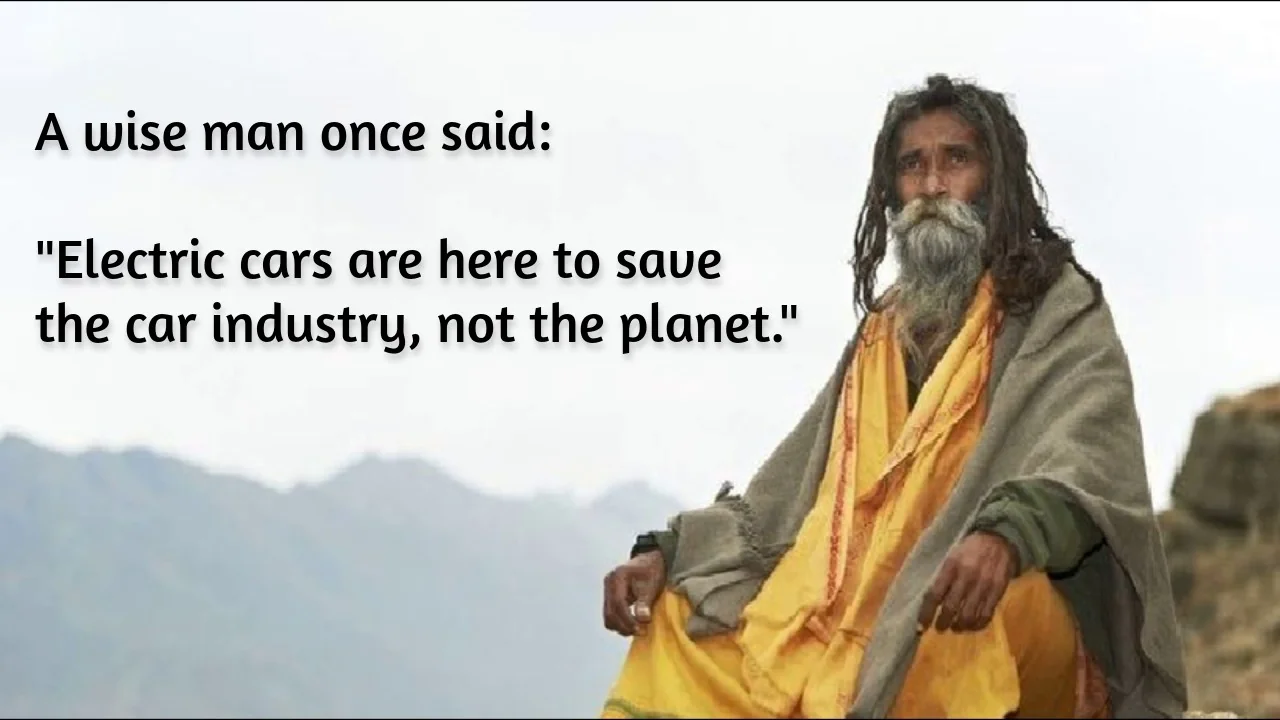Fuck Cars
A place to discuss problems of car centric infrastructure or how it hurts us all. Let's explore the bad world of Cars!
Rules
1. Be Civil
You may not agree on ideas, but please do not be needlessly rude or insulting to other people in this community.
2. No hate speech
Don't discriminate or disparage people on the basis of sex, gender, race, ethnicity, nationality, religion, or sexuality.
3. Don't harass people
Don't follow people you disagree with into multiple threads or into PMs to insult, disparage, or otherwise attack them. And certainly don't doxx any non-public figures.
4. Stay on topic
This community is about cars, their externalities in society, car-dependency, and solutions to these.
5. No reposts
Do not repost content that has already been posted in this community.
Moderator discretion will be used to judge reports with regard to the above rules.
Posting Guidelines
In the absence of a flair system on lemmy yet, let’s try to make it easier to scan through posts by type in here by using tags:
- [meta] for discussions/suggestions about this community itself
- [article] for news articles
- [blog] for any blog-style content
- [video] for video resources
- [academic] for academic studies and sources
- [discussion] for text post questions, rants, and/or discussions
- [meme] for memes
- [image] for any non-meme images
- [misc] for anything that doesn’t fall cleanly into any of the other categories
Recommended communities:
view the rest of the comments

Please explain to me: how is it possible to build a new highway through Berlin but so damn hard to build a railway through rural area?
Well for one roads are relatively cheap tarmac is almost fully reusable and is already mostly oil industry waste.
Rail lines are much more restrictive than roads in where and how you can build them. they can't turn as sharply or have that high of an incline.
Also a good portion of most llarge city populations don't live in the city but commute. Not all of them commute to the same few areas so of course on city exits there will be a bottle neck but it thins out relatively quickly as people fuck off in multiple directions. I guess you could reduce congestion by not allowing most car in the city and having large car parks in key point outside the city. But I'm not a civil engineer or whatever deals with traffic.
Let’s consider how many people living in Berlin vs population density in rural area. It is not building it itself that is challenging but the efficiency of building such a massive network to serve a few people. It is no different than building a helipad to them. Rail maintenance is a costly work. Rails have to be replaced, tuned every now and then or trains will derail. Underlays needs to be replaced. Why bother building a multi hundred million dollar project to serve the few people in rural areas? Do you think trains does not cost energy?
Are the train going to take 1-2 passenger in rural areas every station? How do people even get to the stations? Are they going to drive? Will they question the point of driving to train station and wait half an hour for the train instead of driving to where they want? Once they get off the station, how are they going to get to their final destination? Not everything is near a train station.
There are different kinds of people living in different parts of the country so just to say no cars for everyone is exactly the same as saying people should all drive and ban all public transport. We need a mixture of both for everyone to get to work efficiently. In all the bigger cities, public transport is a crucial component. Not so much in less densely populated areas.
I think OP just did
As I don't have much time, let's meet at your level: no, he didn't.